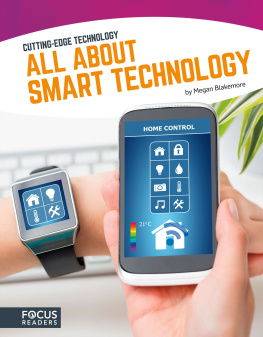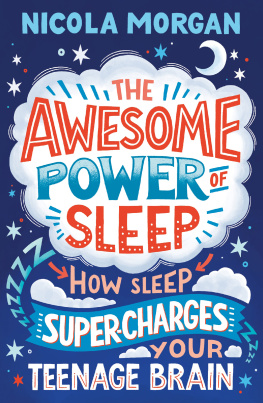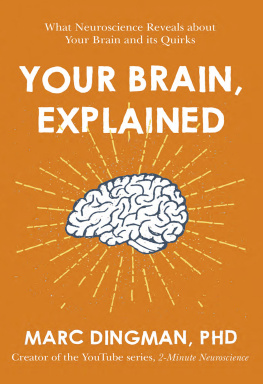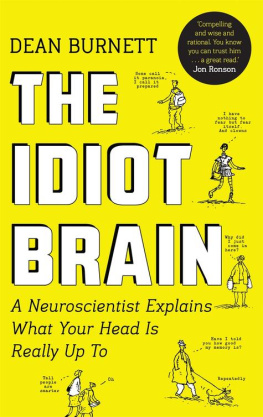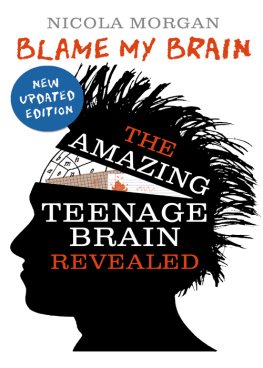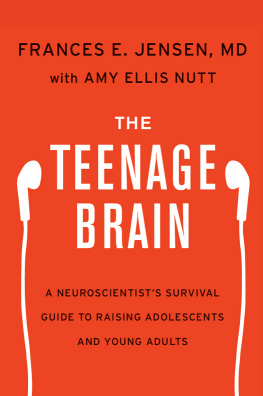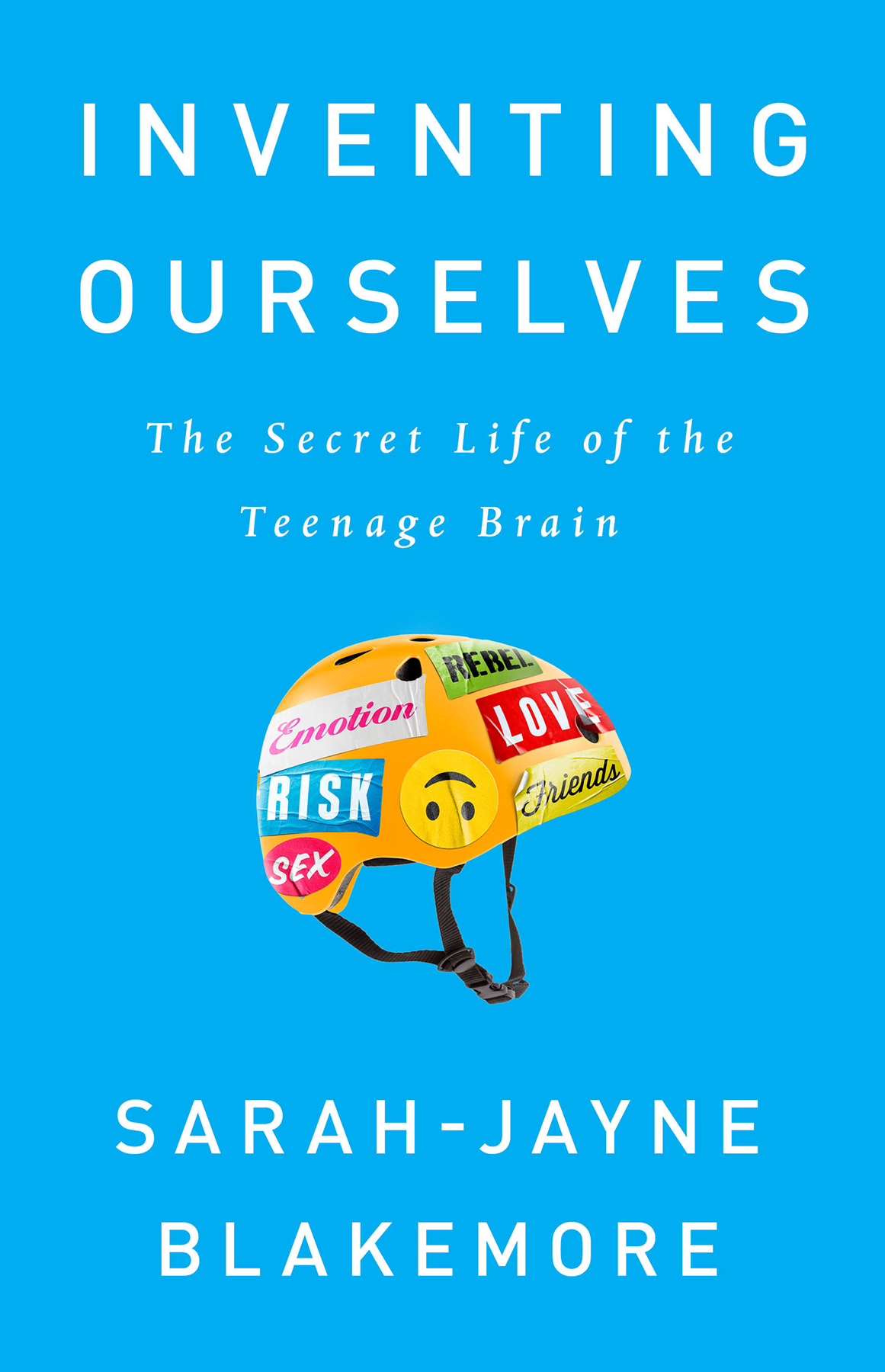Hachette Book Group supports the right to free expression and the value of copyright. The purpose of copyright is to encourage writers and artists to produce the creative works that enrich our culture.
The scanning, uploading, and distribution of this book without permission is a theft of the authors intellectual property. If you would like permission to use material from the book (other than for review purposes), please contact permissions@hbgusa .com. Thank you for your support of the authors rights.
First published in Great Britain in 2018 by Doubleday, an imprint of Transworld Publishers
Published by PublicAffairs, an imprint of Perseus Books, LLC, a subsidiary of Hachette Book Group, Inc. The PublicAffairs name and logo is a trademark of the Hachette Book Group.
The publisher is not responsible for websites (or their content) that are not owned by the publisher.
Typeset in Minion Pro by Falcon Oast Graphic Art Ltd.
ISBNs: 978-1-61039-731-5 (hardcover), 978-1-61039-732-2 (ebook), 978-1-54916-863-5 (audiobook)
Praise for
INVENTING OURSELVES
This is a fascinating book, which captures the complexity of adolescence but at the same time provides a clear, accessible account of our current understanding of the teenage brain. There is much still to learn about how the brain works but for now this book is not only an excellent introduction for someone new to this field but also challenges us all to think again about the importance of the teenage years and how we might work with (rather than against) the adolescents with whom we come into contact every day.
Professor Derek Bell, Director of Learnus
A very readable book bringing together the up-to-date research about how the adolescent brain develops. This matters to both adolescents and parents but also should be read by everyone who looks after adolescents, be they teachers, doctors or psychologists.
Professor Dame Sally Davies, Chief Medical Officer for England and Chief Medical Advisor to the UK government
A brilliant scientist reveals herself to be a writer of considerable talent. With precision, honesty and humour, Sarah-Jayne Blakemore shows how the brooding monsters in your living room are not children gone wrong: they are delicate machines in transition.
Professor Charles Fernyhough, Professor of Psychology, Durham University
A superbly engaging account of the development and malleability of the human brain. This is essential reading for educationalistsand indeed for all those interested in how young peoples brains develop, and the complex interplay between the environment and the human body.
Professor Becky Francis, Director of the UCL Institute of Education
The teenage brain is different, but in what way? This beautifully written book tells just how it influences and is influenced by the new challenging demands of a transformational phase of life. There is no sensationalism here. Sarah-Jayne Blakemore is a pioneer in the field and provides a meticulous account of what we know.
Dame Professor Uta Frith, Emeritus Professor of Cognitive Development at University College London, and Professor Chris Frith, Professor of Neuropsychology at the Interacting Minds Centre, University of London
There are few scientists who can write about complex issues with such lucidity and force. Blakemore takes on the topic of adolescence and succeeds and sets a new bar for a no-nonsense discussion about the crucial importance of brain development. Clearly, teenagers are assembling their minds right in front of our very eyes and Blakemore shows us how to understand the wonder and joy of it all.
Professor Michael Gazzaniga, Director of the SAGE Centre for the Study of the Mind at the University of California Santa Barbara
I currently live with not one but two adolescent brains and, thanks to the thoughtful, lucid and illuminating scientific insights of Sarah-Jayne Blakemore, now at least I understand why they are so infuriatingand am even encouraged to try to do more to support my kids during this crucial, dramatic and maddening period of brain growth.
Dr Roger Highfield, Director of External Affairs, Science Museum, London
In an engaging work of scientific analysis combined with personal anecdote, Professor Blakemore has made an extremely important contribution to the way in which society (and criminal justice in particular) should approach adolescent crime, in particular, gang or group related. The book is thought provoking and should be essential reading for all those considering this difficult issue.
Sir Brian Leveson, President of the Queens Bench Division and Head of Criminal Justice
Inventing Ourselves is a gripping celebration of the teenage brain. Essential reading for parents, teachers and teens. Sane, wise, myth-busting, this book is a triumph and should be read by every parent and teacher, but they should be warned. Theyll have to fight their teenagers to get this gripping book out of their hands.
Dr Vivienne Parry, OBE, journalist and author, Head of Engagement at Genomics England
An irresistible insight into the teenage years. This book is utterly brilliant. Rarely have I read a book on education with such enjoyment.
Dame Alison Peacock, Chief Executive, Chartered College of Teaching
Finally, a book about the adolescent brain written by someone who actually does the science! In this highly readable, groundbreaking book Blakemore takes us not only into the minds of teenagers, but into the minds of the people who study them. Its a must-read for anyone interested in how adolescents think, and for everyone concerned about how to apply this knowledge to policy and practice.
Professor Laurence Steinberg, Laura H. Carnell Professor of Psychology, Temple University, Philadelphia, author of Age of Opportunity
Beautifully written with clarity, expertise and honesty about the most important subject for all of us. I couldnt put it down.
Professor Lord Robert Winston, Professor of Science and Society, Imperial College, London
For Oscar and Charlie
W HEN I TELL PEOPLE I study the adolescent brain, the immediate response is often a jokesomething along the lines of: What? Teenagers have brains? For some reason its socially acceptable to mock people in this stage of their lives. But when you think about it, this is strange: we wouldnt ridicule other age groups in the same way. Imagine if we went around openly sneering at the elderly for their poor memory and lack of agility.
Perhaps part of the reason why adolescents are mocked is that they do sometimes behave differently from adults. Some take risks. Many become self-conscious. They go to bed late, get up late. They relate to their friends differently.
The author, aged 15
We now know that all these characteristics are reflections of an important stage of brain development. Adolescence isnt an aberration; its a crucial stage of our becoming individual and social human beings. I find teenage behaviour fascinating, but not because its irrational, inexplicablequite the opposite: because it gives us an insight into how natural changes in the physiology of our brains are reflected in the things we do, and determine who we will become as adults.


